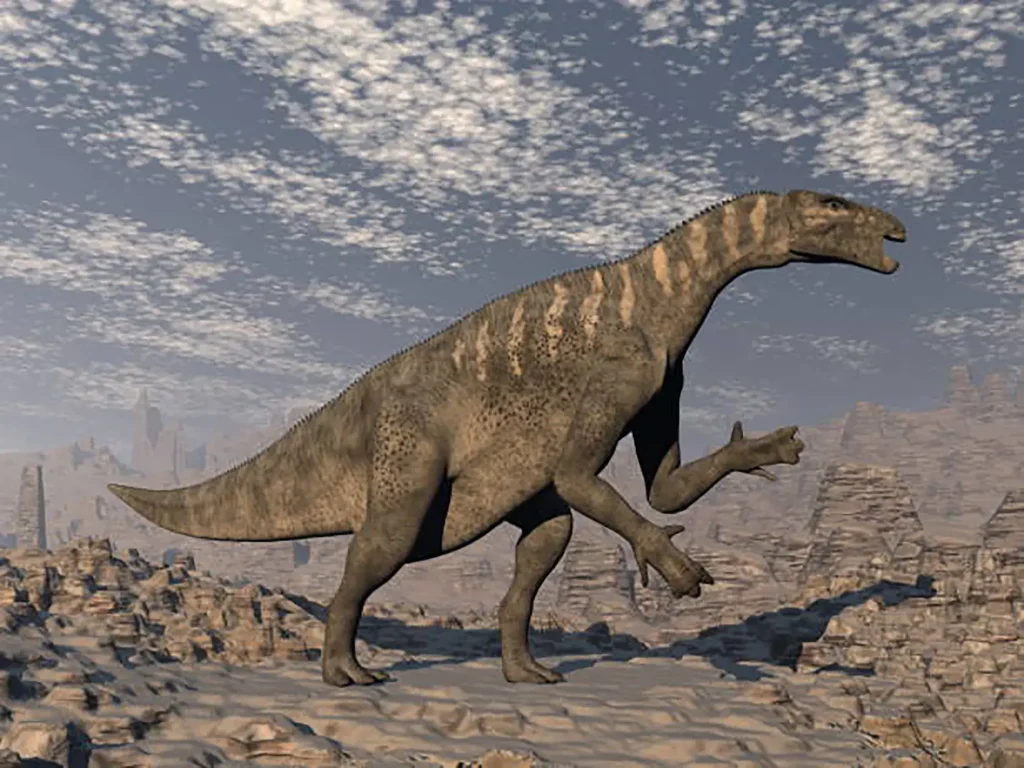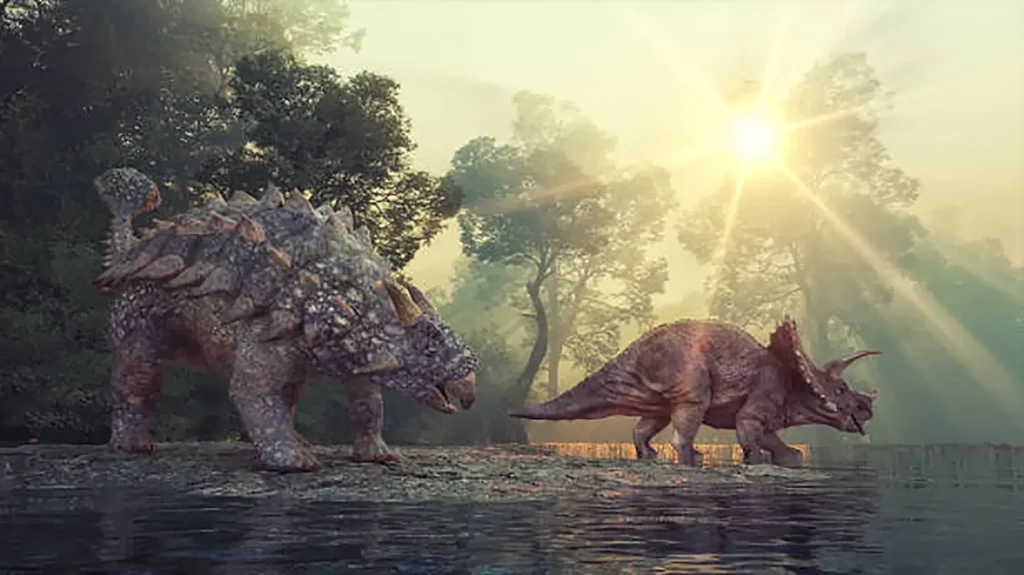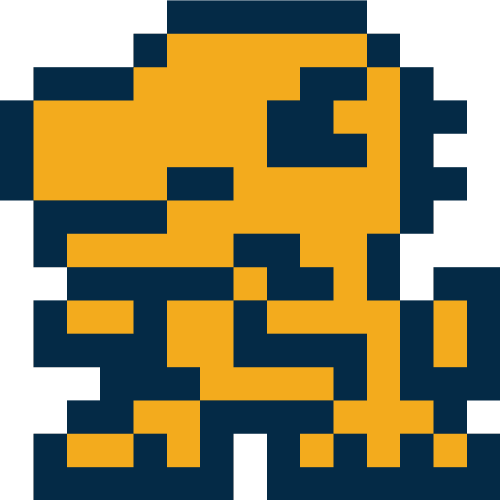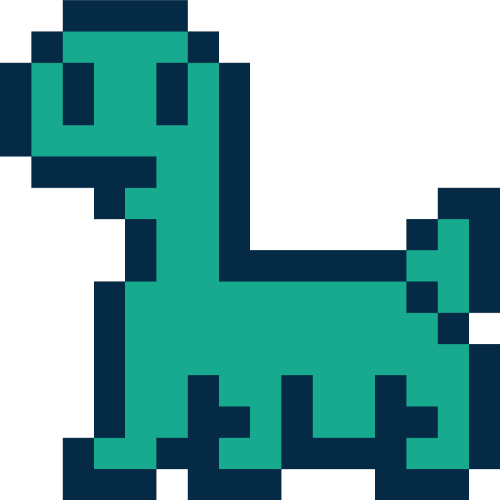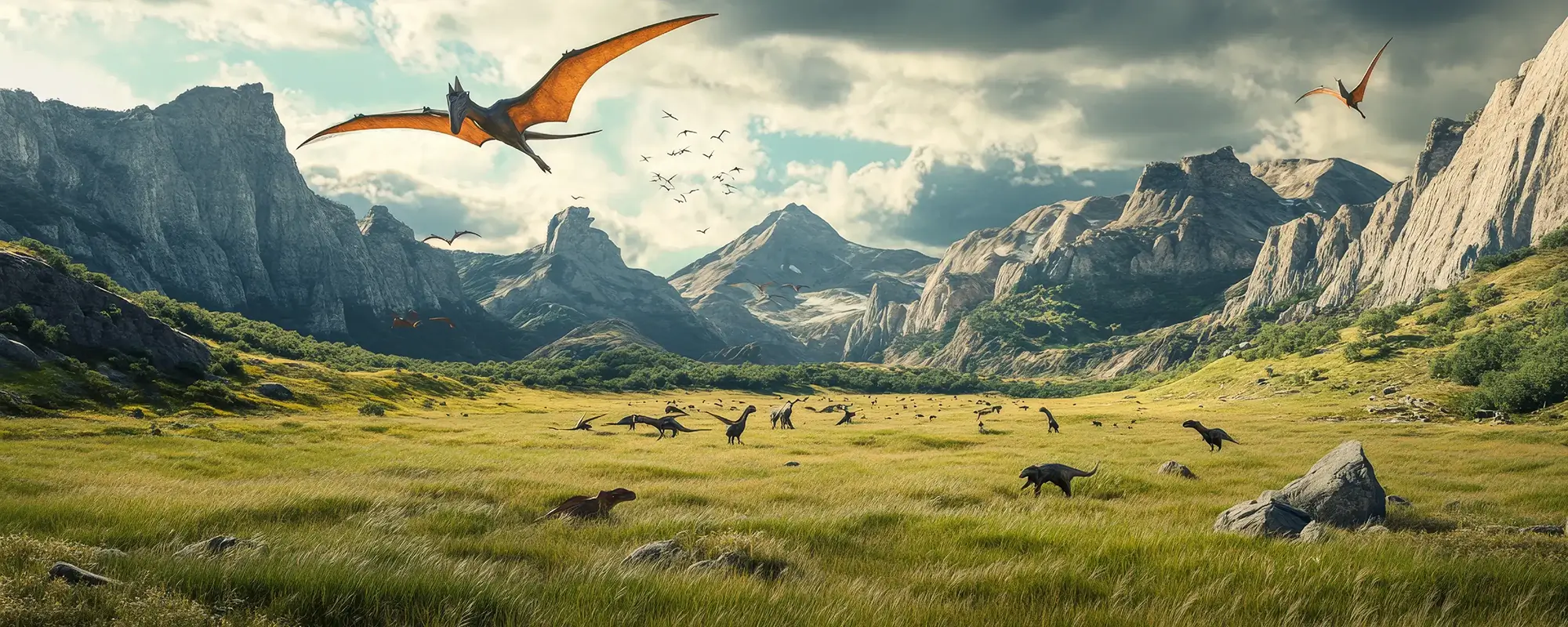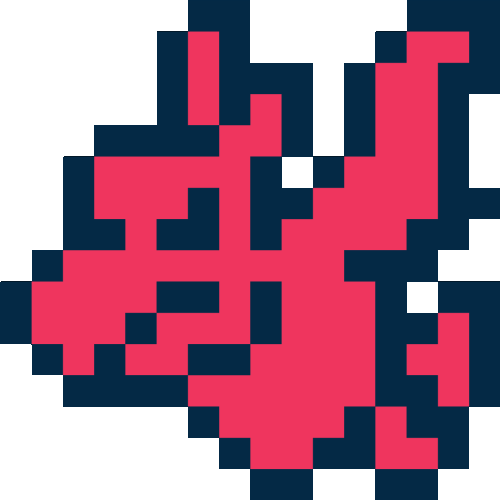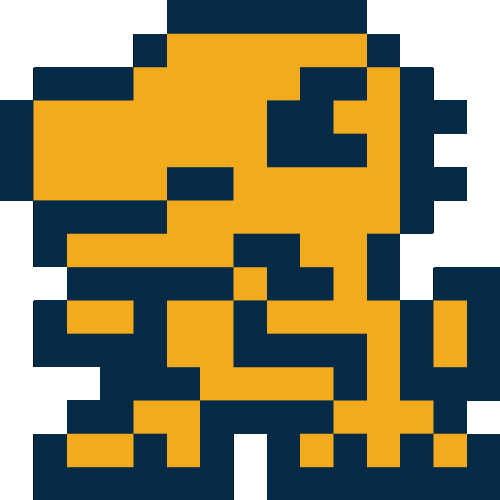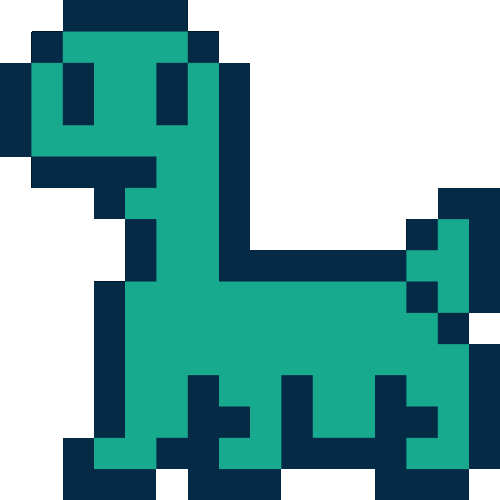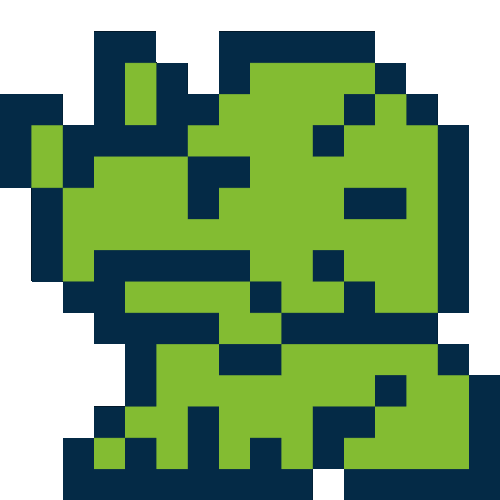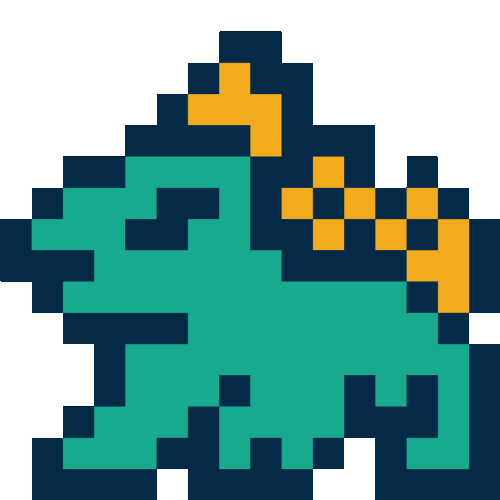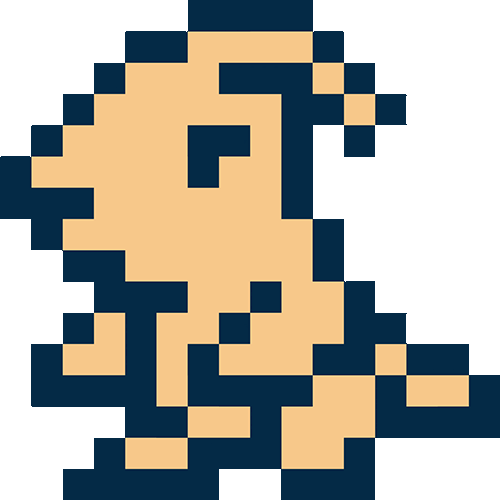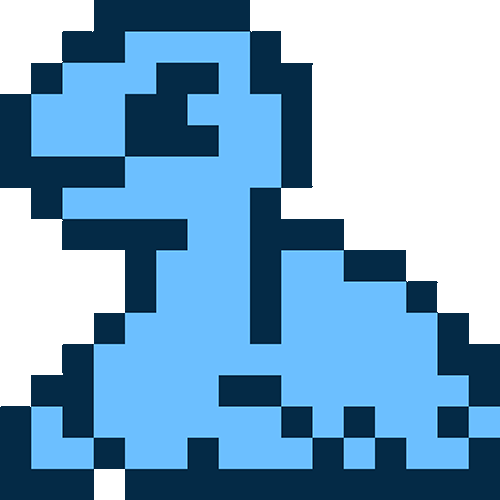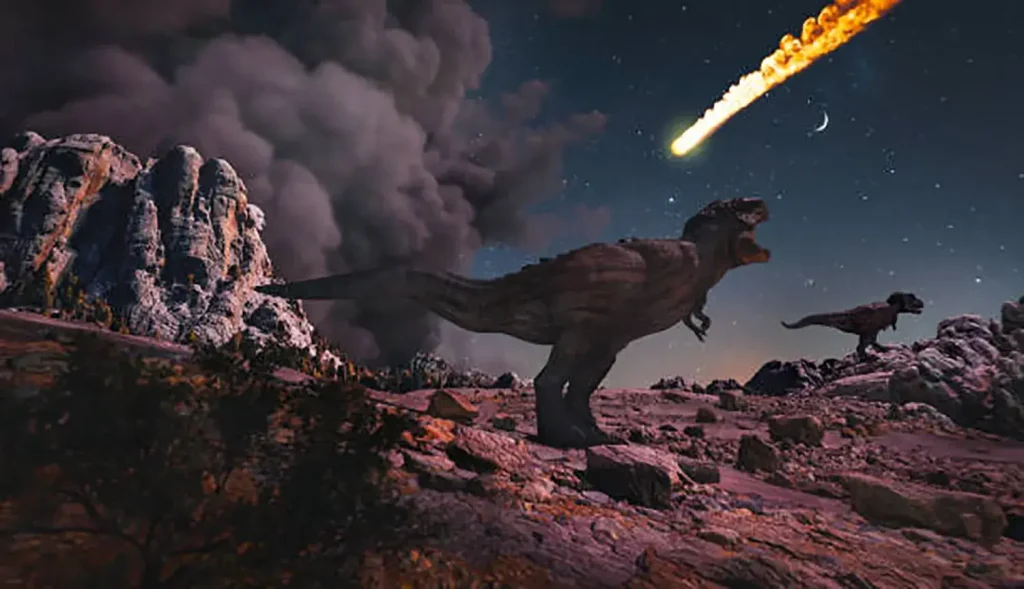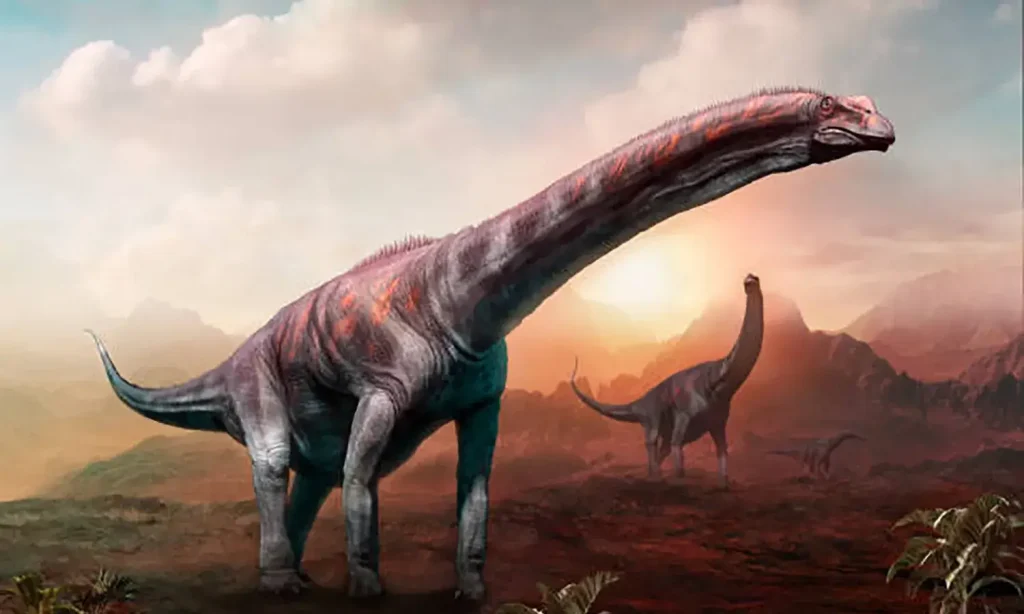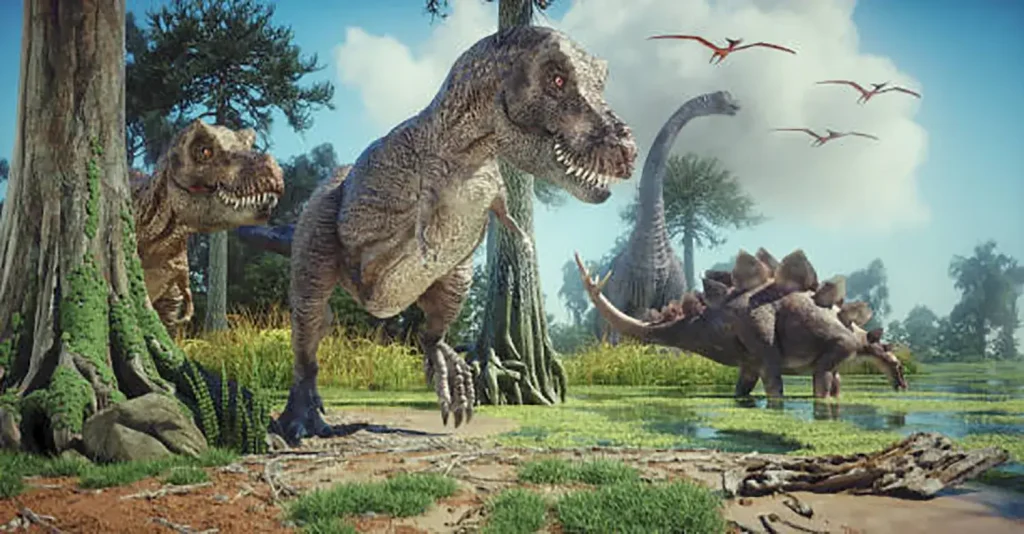The Dinosaurs That Decorated Their Heads: Marginocephalians—Uncovering the Evolutionary Secrets of Horns and Frills.
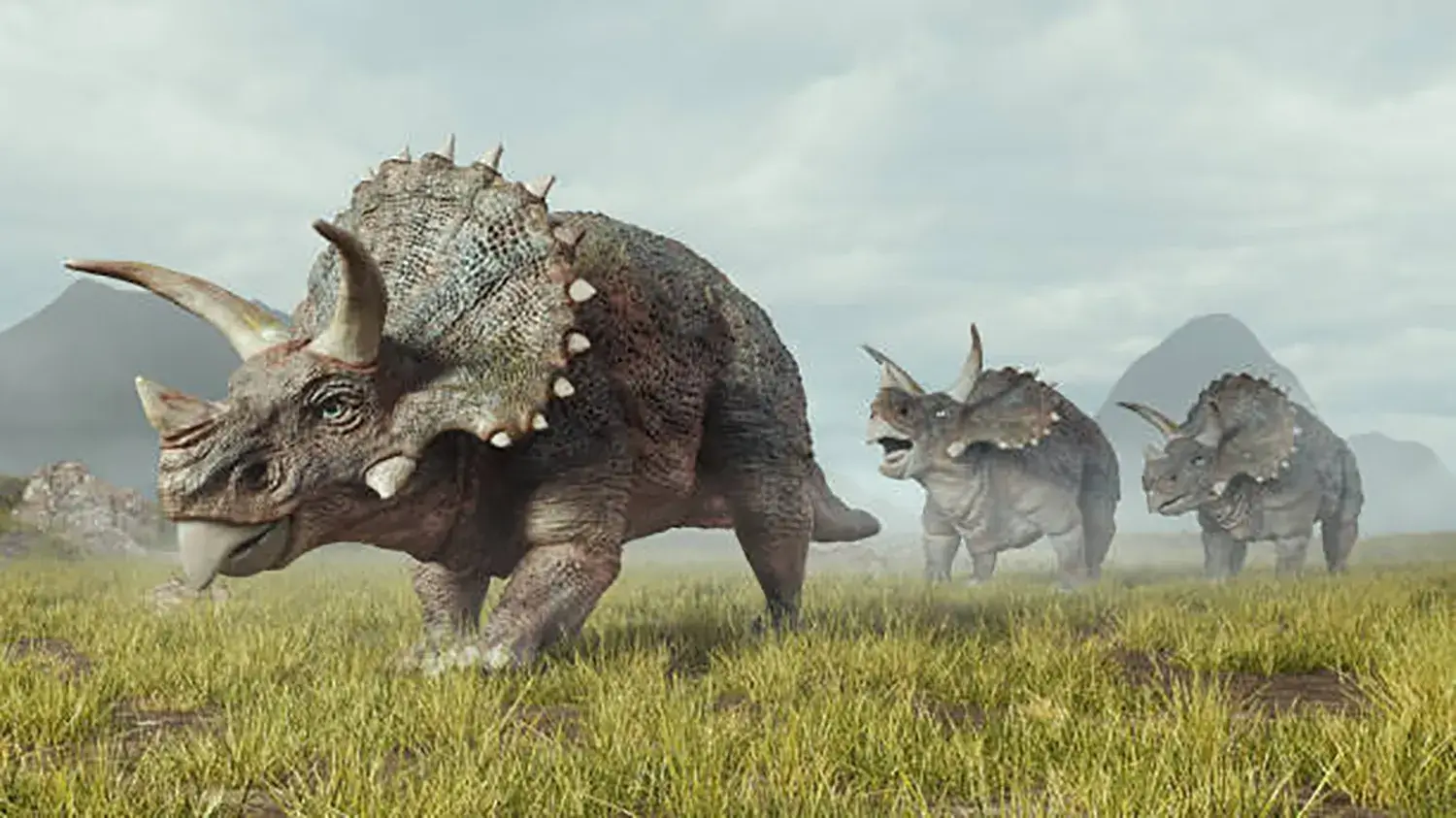
Marginocephalians are a group of dinosaurs belonging to the Ornithischia (Bird-Hipped) lineage, and their name means “fringed heads” or “creatures with decorated margins around the head.”
As the name suggests, their primary characteristic is that the back of the head projected like a frill, with horns and knobs lining the perimeter and face.
This group includes the Ceratopsians (horned dinosaurs), which later flourished greatly, and the Pachycephalosaurs (dome-headed dinosaurs).
Characteristics and Classification: Head Ornaments Are Key
All Marginocephalians were herbivorous, sharing the common feature of specialized head ornamentation.
They are also characterized by having bony projections on their cheeks and a different pelvic shape from other ornithischians.
This group is mainly composed of the following two types:
1. Ceratopsians: Defense Specialists with Horns and Frills
Characteristics
This group is typified by Triceratops, and features large horns on the face and nose, with a significant frill-like structure projecting from the back of the head.
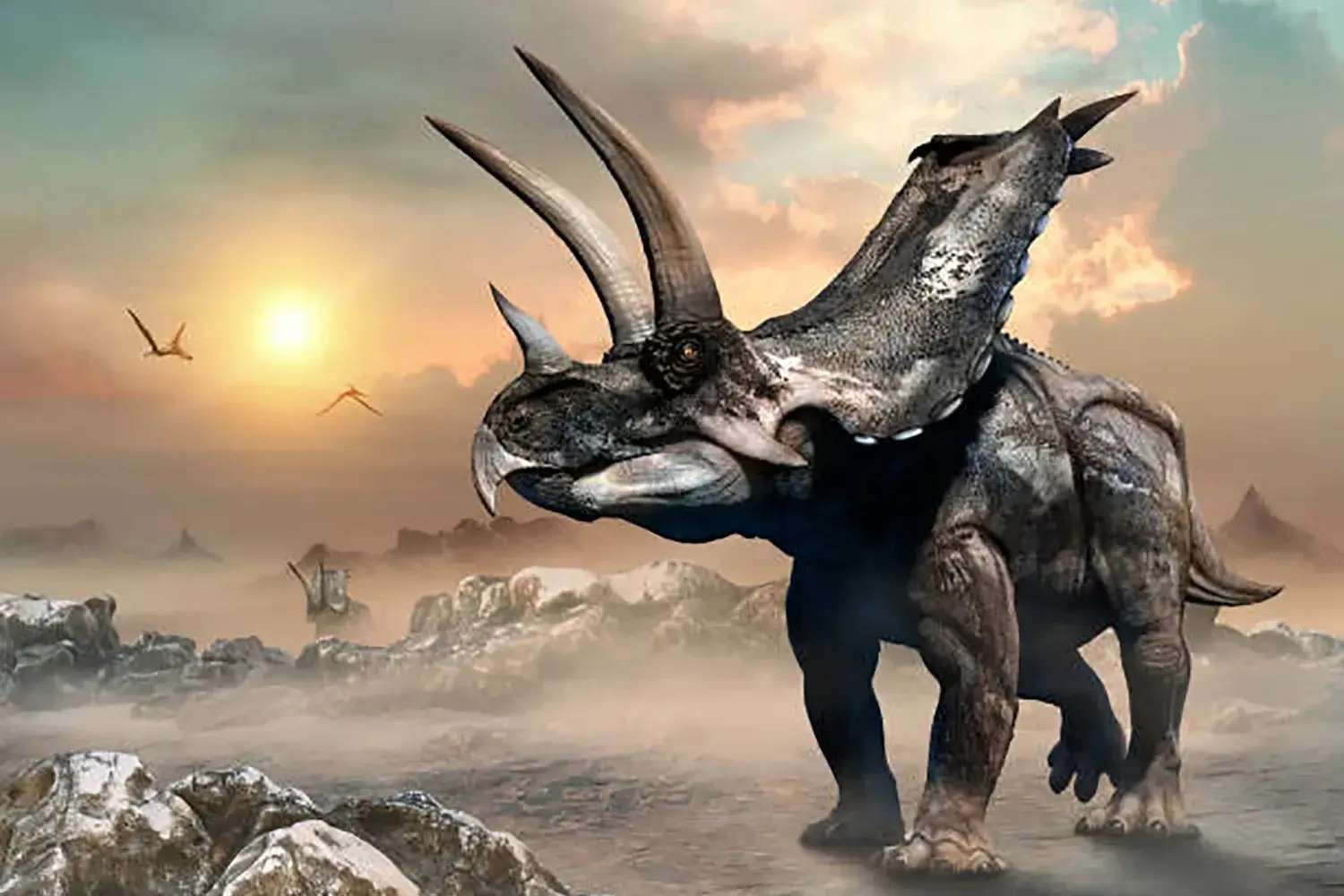
They had horns on their face and nose, and a large frill-like structure protruding from the back of the head.
Many new species have been discovered recently, showing that they underwent an evolution that included a greater variety of skull decorations than previously thought.
2. Pachycephalosaurs: The Group with Dome-Shaped Skulls
Characteristics
This group is represented by Pachycephalosaurus, and is characterized by a thick, dome-shaped skull.
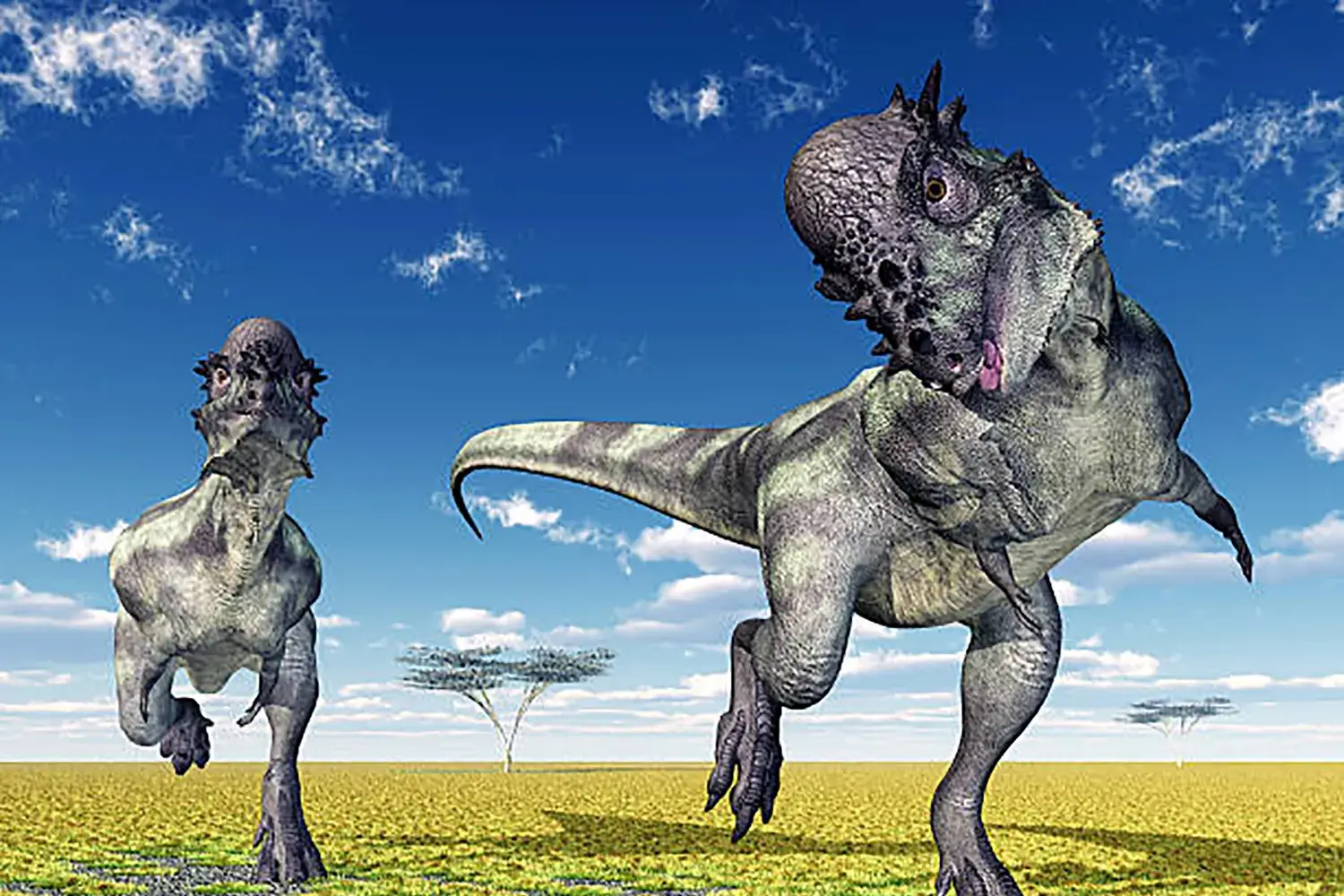
They had a thick, dome-shaped skull.
This solid block of bone is thought to have been used for defense against carnivorous dinosaurs or for display among their own kind.
Evolution and History of Success
The oldest species of Marginocephalians had already appeared by the Late Jurassic period, but they were not prominent at that time.
Early Features and Territorial Expansion
Some early Pachycephalosaurs and Ceratopsians primarily walked bipedally, but most Ceratopsians later shifted to quadrupedal locomotion.
Their diet was mainly herbivorous, though some research suggests certain species may have been omnivorous with a strong tendency toward plant-eating.
They gradually expanded their dominance during the Early Cretaceous, and by the Late Cretaceous, they flourished greatly in the Northern Hemisphere (Laurasia).
The North American Ceratopsians, in particular, grew larger and diversified, developing various forms of horns and neck frills.
The Southern Hemisphere Mystery
In the Southern Hemisphere (Gondwana), fossil evidence is scarce, and little is known about their presence there.
Marginocephalians were a dinosaur group that flourished in the Late Cretaceous of the Northern Hemisphere, using their showy head ornaments as both weapons and display features.
